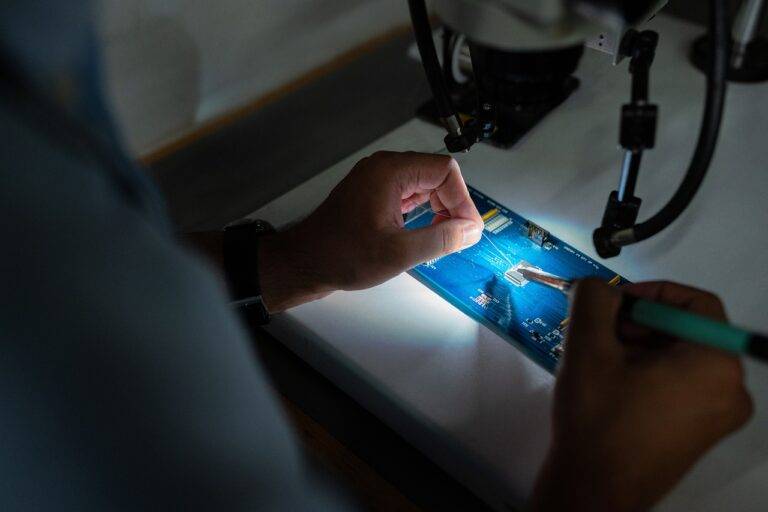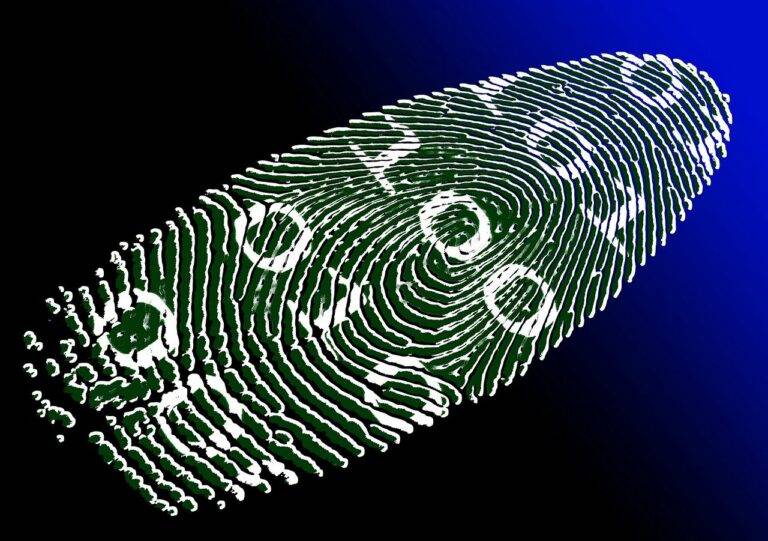Tech Innovations in Medical Imaging
MRI technology has witnessed remarkable advancements in recent years, leading to improved image quality and reduced scan times. One significant development is the introduction of ultra-high field MRI scanners, which operate at field strengths of 7 Tesla and higher. These scanners offer enhanced spatial resolution and tissue contrast, providing radiologists with clearer images for more accurate diagnoses.
Another notable advancement is the integration of artificial intelligence algorithms into MRI systems, allowing for real-time image reconstruction and automated quality control. This AI-powered technology helps optimize scan parameters, reduce artifacts, and enhance image quality, resulting in more precise and efficient imaging studies. With continued innovation in MRI technology, the future holds promising possibilities for improved diagnostic accuracy and patient care.
Enhanced Resolution in CT Scans
Advancements in computerized tomography (CT) technology have significantly improved the resolution of images obtained through this imaging technique. By utilizing innovative software algorithms and hardware upgrades, CT scanners can now capture detailed images with greater clarity and precision. These improvements allow for better visualization of anatomical structures, leading to more accurate diagnoses and treatment planning.
The enhanced resolution in CT scans is particularly beneficial in a variety of medical specialties, including radiology, oncology, and neurology. Radiologists can now detect smaller lesions or abnormalities that may have been missed with previous imaging technology, leading to earlier detection of diseases. Additionally, the improved image quality allows for better monitoring of treatment response and disease progression, ultimately improving patient outcomes and overall healthcare quality.
• With advancements in CT technology, images are now clearer and more detailed
• Innovative software algorithms and hardware upgrades have contributed to this improvement
• Enhanced resolution allows for better visualization of anatomical structures
• Benefits of improved resolution include earlier disease detection and better treatment monitoring
Applications of Artificial Intelligence in Ultrasound Imaging
Artificial intelligence (AI) is revolutionizing the field of ultrasound imaging by enhancing efficiency and accuracy in diagnostics. By integrating AI algorithms, ultrasound machines can now automatically analyze image data, detect abnormalities, and provide real-time insights to healthcare professionals. This technology has significantly improved the speed and precision of ultrasound scans, allowing for faster and more accurate diagnoses.
Furthermore, AI-powered ultrasound imaging is also expanding the capabilities of healthcare providers by enabling advanced image processing techniques. With the ability to automatically measure key parameters, identify subtle patterns, and predict potential outcomes, AI is empowering clinicians to make more informed decisions and provide personalized treatment plans. This integration of artificial intelligence in ultrasound imaging is paving the way for more effective patient care and improved healthcare outcomes.
How is artificial intelligence being used in ultrasound imaging?
Artificial intelligence is being used in ultrasound imaging to improve image quality, assist in diagnosis, and automate certain tasks like image segmentation and analysis.
What are some recent advancements in MRI technology mentioned in the article?
The article discusses recent advancements in MRI technology such as improved resolution, faster scan times, and the use of artificial intelligence for image analysis.
How has artificial intelligence enhanced resolution in CT scans?
Artificial intelligence algorithms can help improve resolution in CT scans by reducing noise, enhancing details, and increasing image clarity for better diagnostic accuracy.
What are some applications of artificial intelligence in ultrasound imaging?
Some applications of artificial intelligence in ultrasound imaging include automated image analysis, real-time image processing, predictive modeling for disease detection, and assisting in image interpretation for healthcare professionals.





